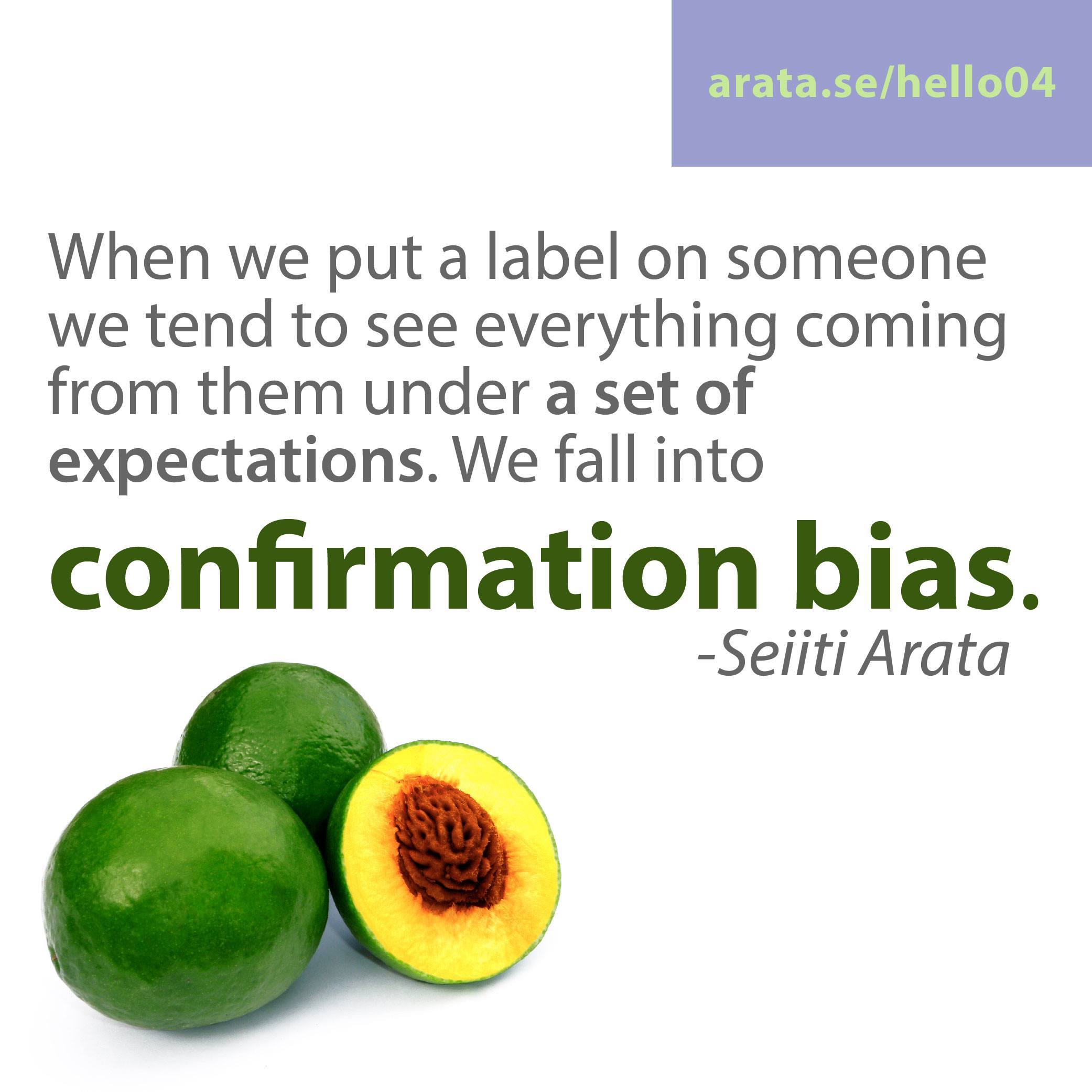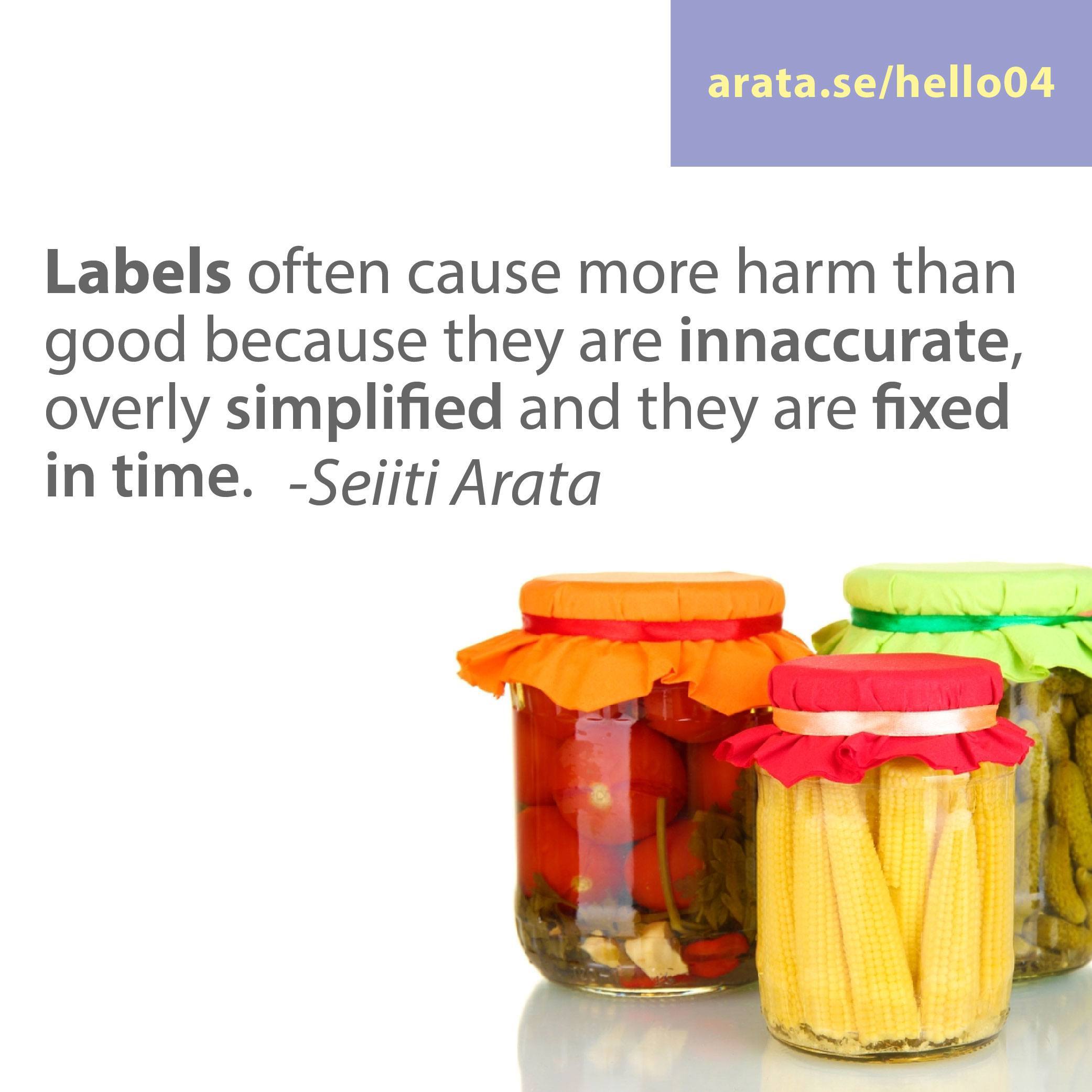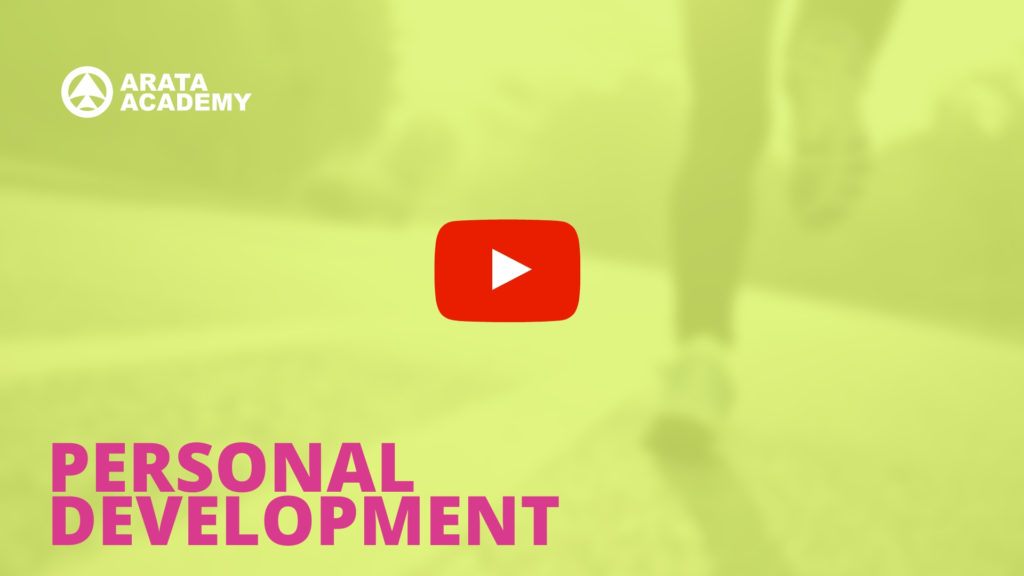Hello! Seiiti Arata. Labelling people can have horrible consequences. Please don’t label me! Have you ever been labelled and felt how horrible it is to be misunderstood? Whenever someone is labelled, we lose so much.
Labelling people: the risk
Take Amy’s story for example. Amy was two years old when she had to go to the emergency room with her worried mother. Amy had a bad pain in her stomach. It might have been nothing more than an upset tummy, or something much worse. Her mother was so worried and agitated that the doctors started paying more attention to her than to Amy, the patient.
They thought her mother looked like the type to overreact. This is what we mean by labelling people.
Because of this, the medical staff gave Amy a quick examination and told her to go home – she would get better in no time. But she didn’t.
The next day Amy was still in pain so her mother, now even more agitated, went back to the hospital begging the staff to examine her more thoroughly. At this point the medical staff all gave each other a look and labelled her as just another hypochondriac. Once that label sticks to someone, they’re not taken seriously anymore. Once again, they told her to take Amy home and wait for her to get better.
On the third day the story repeated itself, and once again they labelled Amy’s mother a hypochondriac. That’s how Amy died. This is the cost of labelling people.
I came across this story in the book Sway: The Irresistible Pull of Irrational Behavior by Ori and Rom Brafman.
It always reminds me of the damage labelling can do to our reasoning, and how much pain labelling people can cause.
Labelling = confirming our first impressions
When we label someone, we tend to see everything they do in terms of a fixed set of expectations. We fall into confirmation bias. We conjure up stories in our heads that confirm some prejudice or other. We confirm our first impressions and ignore conflicting information.

Obviously, identifying patterns and clues has its advantages, allowing us to make quick decisions and avoid harm. We just need to bear in mind that these snap judgements might be wrong. This is why I like to remain detached from the limitations of my own perspective and open to new and conflicting information.
We change constantly
When I say “Please don’t label me” what I really mean is “Hey, I’m changing all the time”. Do you remember the exercise that we did in the last video about how people change – where we examined our past selves and saw how much we’d changed?
I change all the time. The person you see before you right now will be different in the future.
My favourite compliment from an old friends is “Wow, you’re so different!”. I love hearing that! I want to grow, I want to become more mature, a better version of myself. If I say something stupid today, I hope I won’t be as stupid tomorrow, just as I like to think of myself today as less stupid than I was yesterday.
In the previous video, we focused on personal change. I told you my story and, if you remember, I told you that one of the changes I’m happiest about is that I’m starting to let go of my ideas about the right thing to do. This happened because I began to realise that I was labelling people.
When I started working in training and personal development, what I wanted to do was help people. But this led me to start labelling everyone around me with a fixed set of criteria about what type of person they were, what was wrong with them and what my solution was. What a horrible idea! If you’ve ever tried to give someone advice, you’ll know what I’m talking about.
A life without labelling people
Accepting that people are alright the way they are is so liberating, because now I feel like I can better understand who they are and build more meaningful relationships with them.
I realised that labels often cause more harm than good because they are inaccurate, oversimplified and fixed in time. As people grow and gain life experience, they change.

That’s what I want for you, my friend. “Please don’t label me” is more than a request. It’s a gift I’d like to give you.
When we label someone we risk ending up with an incorrect perception of who they really are, and this can lead to misunderstanding.
To improve our communication with others, we must become more aware of the prejudices and labels we have assigned to them. By abandoning these assumptions and focusing on the present moment, we can improve our relationships. This is personal development.
